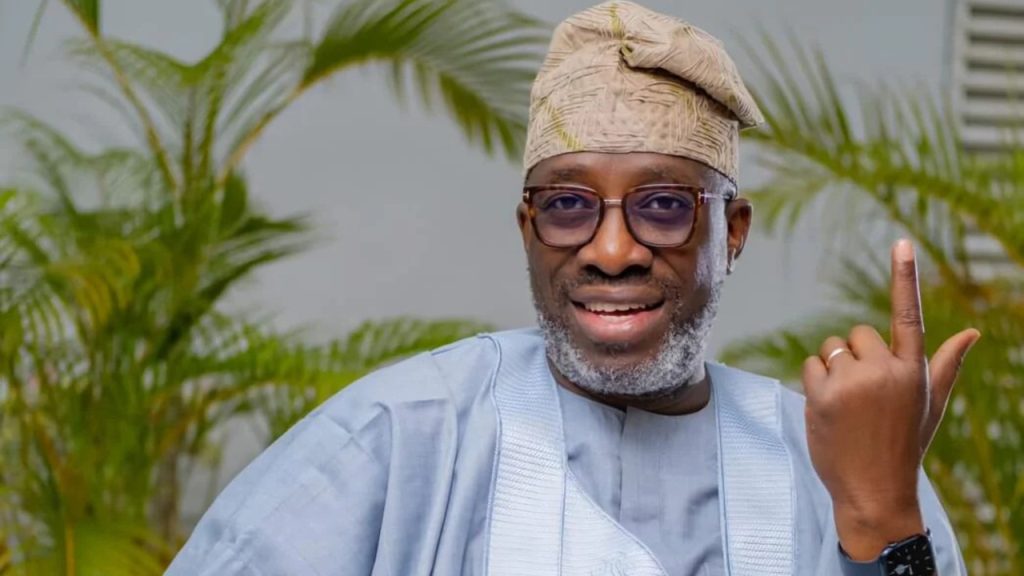Senegal’s decision to delay the presidential elections has sparked demonstrations and unrest across the country, leading to casualties and disruptions, particularly in the southern region of Casamance. President Macky Sall’s announcement of the postponement just a day before the election campaign was set to begin prompted widespread outrage and turmoil.
The postponement came amidst a dispute between parliament and the Constitutional Court over the rejection of certain candidates, leading to a wave of protests and clashes with the police. Tragically, at least three individuals lost their lives in the demonstrations, including a 16-year-old who was fatally shot in the head in Ziguinchor, Casamance.
The protests also point to deeper socio-political issues, with some stemming from the conviction of Ousmane Sonko, the jailed opposition leader, and the subsequent disbandment of his party, PASTEF. The unrest reflects a broader dissatisfaction with the ruling government and a yearning for change, particularly among the youth.
The unrest has had a severe impact on the region of Casamance, which has been historically marginalized. Following the protests in June, ferry services connecting Casamance to the rest of the country were halted, exacerbating the region’s isolation and economic challenges. This has further compounded the longstanding grievances of the people of Casamance, who have felt neglected and overlooked by the central government.
Casamance, known for its lush landscapes and agricultural potential, has suffered from decades of rebel conflict, leading to economic stagnation and underdevelopment. The region has been mired in a protracted conflict between separatist rebels from the Movement of Democratic Forces of Casamance (MFDC) and the Senegalese government, resulting in displacement, casualties, and a significant hindrance to the region’s progress.
The delay of the elections and the subsequent unrest have drawn attention to the grievances and frustrations of the people of Casamance, who have long sought greater autonomy, economic investment, and opportunities for development. As Senegal navigates through this period of turmoil, the plight of Casamance remains a crucial and unresolved issue, requiring sustained attention and inclusive dialogue for a lasting resolution.



